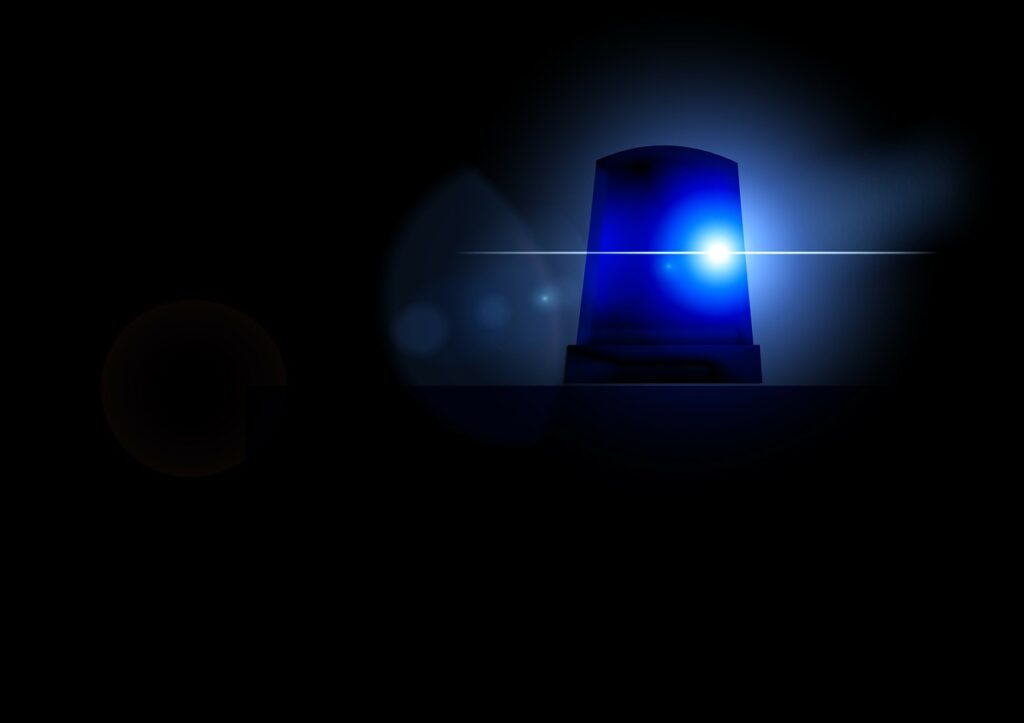Introduction
Your emergency response plan should include the necessary personnel and equipment to rapidly respond to any emergency situation. Your emergency response team should be made up of people who are familiar with your area, have experience in making quick decisions, and have access to the necessary resources.
Emergency responders must be well-prepared for any emergency situation. This means knowing what type of emergency you’re dealing with, knowing how to contact authorities, and following proper procedures when responding to an emergency.
What is an Emergency?
Guards are responsible for providing emergency response in any situation where law and order are not able to keep the peace. They can respond rapidly and effectively to any emergency situation, including riots, natural disasters, or terrorist threats.
What Are the Types of Emergencies
Emergency responses can vary depending on the type of emergency. For example, police officers may be called to address a crime scene, while firefighters may be called to fight a fire. However, all emergency responders must obey local laws and regulations in order to protect public safety.
How to Respond to an Emergencies.
Emergency responders operate in a quickly-changing and dangerous world. They need to be well-prepared for any emergency situation. In order to be effective, they must be aware of the possible emergencies that could occur and take appropriate steps to prepare.
Some tips for preparing for an emergency include knowing what type of emergency you’re dealing with, knowing how to contact authorities, and following proper procedures when responding to an emergency.
Respond to an Emergencies in a Rapid manner
The quickest way to respond to an emergency is by using the proper procedures. This means taking the time to understand the situation and following specific instructions from authorities. struggling with a situation can quickly lead to confusion and dangerous outcomes.
Use Proper Proper Procedures
In order to be effective, emergency responders must follow proper procedures. This includes knowing what type of response is needed and how to do it. It also includes following instructions properly, and not making any assumptions about the situation or the person involved. By following these steps correctly, you will help keep yourself safe and the people around you safe.
Tips for Responding to Emergencies.
When faced with an emergency, it’s important to stay calm and organized. This will help you think through your options and plan for the best possible response.
Have a plan
If you know of an emergency situation, it’s important to have a plan in place. This could include finding someone who can help you get started, deciding where to go, and setting up communication gear (like a phone or scanner).
Use common sense
Use common sense when responding to emergencies. Don’t do things that might make the situation worse – like trying to leave before authorities have arrived or using force if necessary.
Conclusion
There are a variety of emergencies, each with its own set of procedures. When faced with an emergency, it is important to stay calm and organized. Have a plan, and use common sense when responding.



